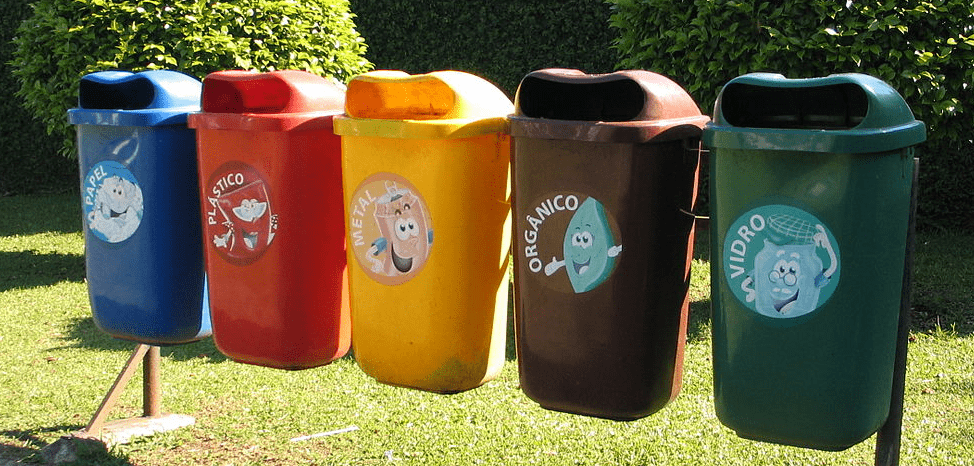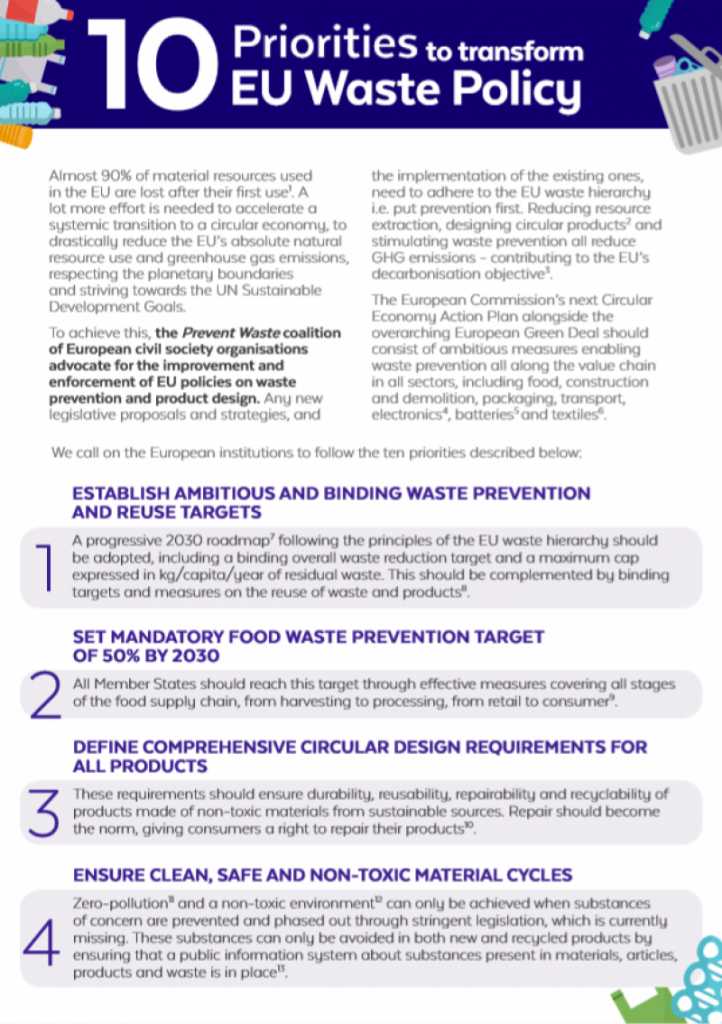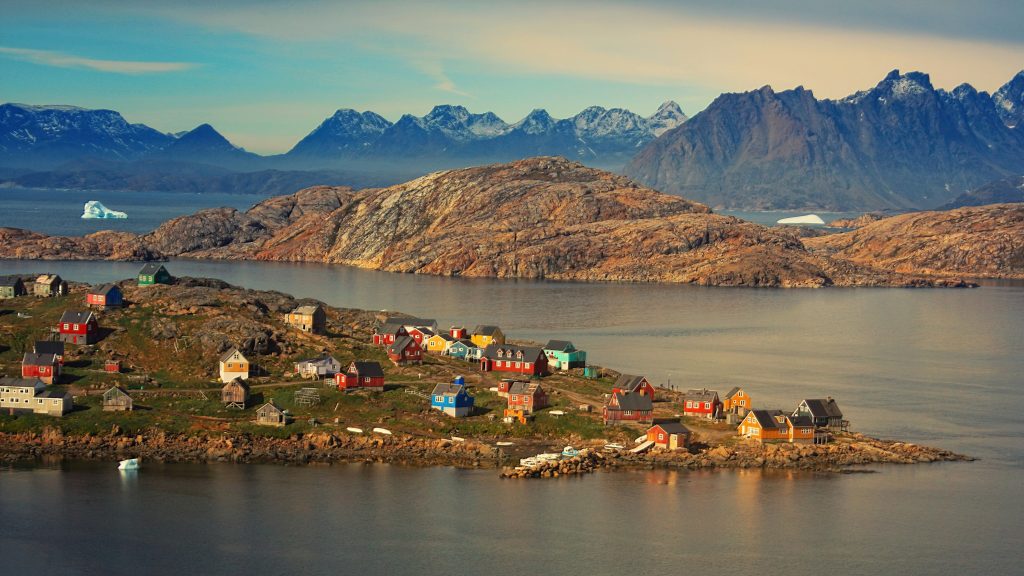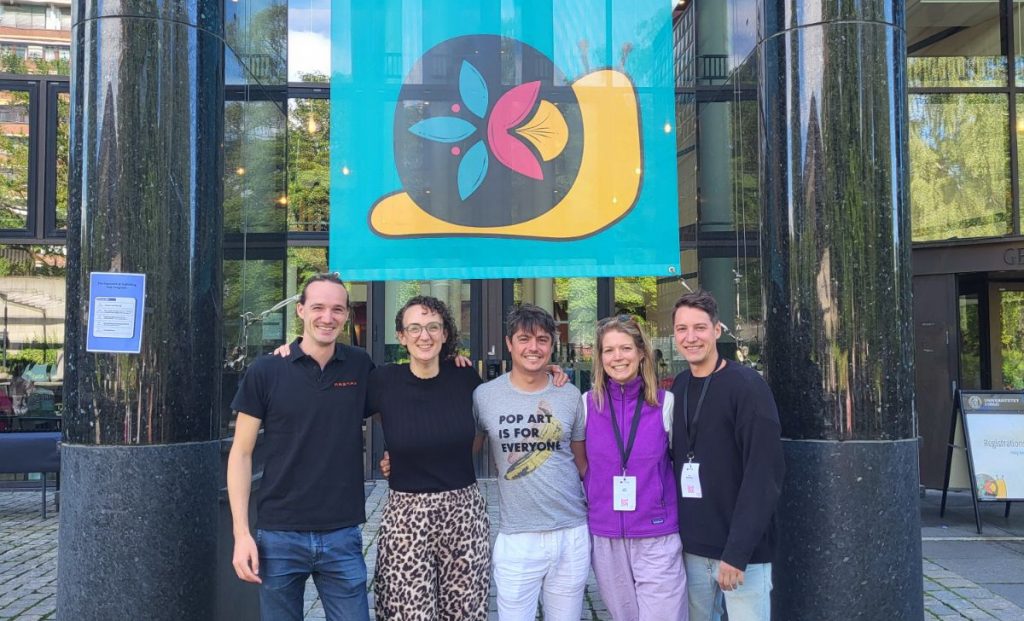More than two years since the European Commission launched its revised proposals to tackle resource use and waste in Europe, negotiations have come to an end and a new EU law to tackle waste for the next 20 years has been finalised.
The new law will ensure an improvement in waste management across Europe, but does not go far enough to fundamentally address Europe’s overconsumption of resources and to reduce absolute waste generation.
Meadhbh Bolger, resource justice campaigner at Friends of the Earth Europe, said “There are some significant advances compared to the current law, however with no binding measures on waste prevention, low recycling targets and no measures to make producers fully accountable for the waste caused by their products, it will fall short of providing the shift we need to reduce our overconsumption of resources in the EU“.
Positive inclusions are new measures on waste prevention and planned obsolescence, a commitment to review the development of waste reduction targets, and stricter criteria on separately collecting waste streams, including biowaste and textiles.
However, it is concerning to see recycling targets fall below what the European Commission initially proposed – 65% by 2030 – with targets instead agreed to boost recycling to 55% by 2025, 60% by 2030 and 65% by 2035.
Paired with the new target to reduce landfill to a maximum of 10% by 2035 (with a 5-year derogation for countries which sent over 60% of waste to landfill in 2013), this leaves the door open to an increase in incineration in many countries.
Member States failed to agree on a binding target to cut food waste, with a voluntary target agreed to halving food waste by 2030. Governments also agreed to develop a common methodology to calculate food waste.
The new law will now be transposed into national Member State laws and its implementation will begin. Despite its weak points, implementation of this law is a crucial step in transitioning the EU towards a true circular economy.








